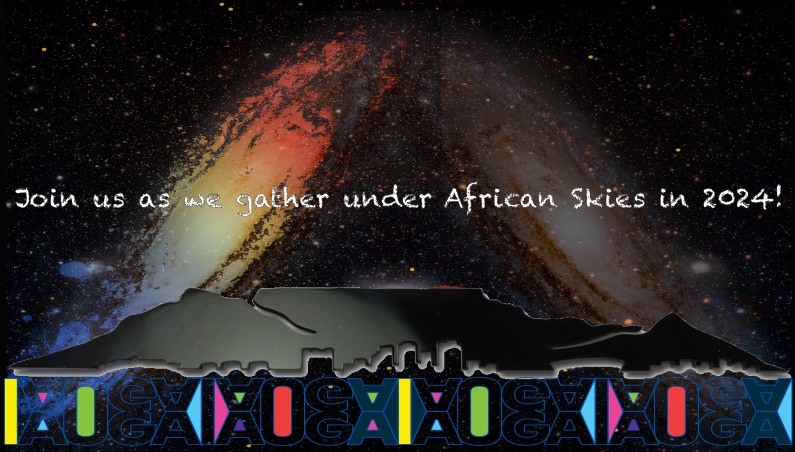Program time table availabe!
Rationale
(last update Sep 2023)
Dark matter is one of the pillars of the current standard model of structure formation, assumed to constitute most of the matter in the Universe. However, it can so far only be probed indirectly through its dynamical effects, and its nature remains elusive. This focus meeting will discuss the different methods used to estimate galaxies’ visible and dark matter masses in the nearby and distant Universe. We will review the successes of the cold dark matter model of structure formation, confront the observations with cosmological simulations, and highlight the possible tensions between the two. We will see how robust mass measurements can help plan, perform, and refine particle dark matter searches. Moreover, we will discuss alternative theories, such as warm, self-interacting, and fuzzy dark matter, as well as modified gravity. Finally, we will discuss the prospects for our understanding of dark matter in the next ten years and the strategies that could be implemented to reveal the nature of this crucial component of the Universe.
Topics
- Robust mass measurement techniques for local and high-z galaxies
- Dynamical models with different kinematical tracers
- Constraining dark matter across the electromagnetic spectrum
- Cosmological simulations: validating and connecting galaxy mass measurements across time
- Interplay between baryonic processes and dark matter
- Cold dark matter paradigm: challenges at galactic scales
- Impact of robust mass determination on dark matter searches
- Utilising archival data to unravel the nature of dark matter
- Strategies for upcoming observing facilities in the context of dark matter
- Alternatives to cold dark matter cosmology

